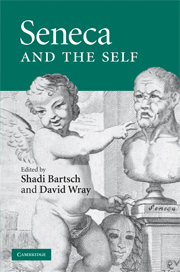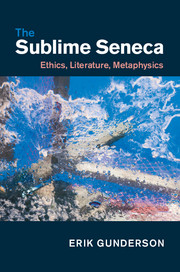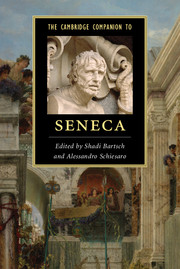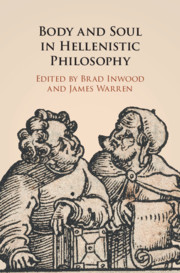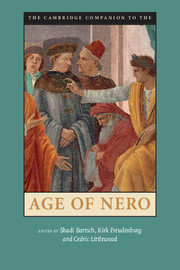Seneca and the Self
This collection of essays by well-known scholars of Seneca focuses on the multifaceted ways in which Seneca, as philosopher, politician, poet and Roman senator, engaged with the question of ethical selfhood. The contributors explore the main cruces of Senecan scholarship, such as whether Seneca's treatment of the self is original in its historical context; whether Seneca's Stoicism can be reconciled with the pull of rhetorical and literary self-expression; and how Seneca claims to teach psychic self-integration. Most importantly, the contributors debate to what degree, if at all, the absence of a technically articulated concept of selfhood should cause us to hesitate in seeking a distinctively Senecan self - one that stands out not only for the 'intensity of its relations to self', as Foucault famously put it, but also for the way in which those relations to self are couched.
- Provides an original treatment of ancient selfhood, by leading scholars in the field
- Advances the study of a major ancient philosophical figure
- Combines philosophical, literary and cultural discussion
Product details
July 2009Hardback
9780521888387
316 pages
235 × 160 × 20 mm
0.64kg
Available
Table of Contents
- Part I. Seneca and the Self: New Directions:
- 1. Introduction Shadi Bartsch and David Wray
- 2. Seneca on the self: why now? A. A. Long
- Part II. Philosophical Perspectives:
- 3. Seneca and self assertion Brad Inwood
- 4. Seneca and selfhood: integration and disintegration Christopher Gill
- 5. Stoic laughter: a reading of Seneca's Apocolocyntosis Martha Nussbaum
- Part III. Seneca and Roman Culture:
- 6. Seneca on fortune and the Kingdom of God Elizabeth Asmis
- 7. Free yourself! Slavery, freedom and the self in Seneca's letters Catharine Edwards
- 8. Seneca on self-examination: rereading On Anger 3.36 James Ker
- 9. Senecan metaphor and stoic self-instruction Shadi Bartsch
- Part IV. Reading the Tragedies:
- 10. Seneca and the denial of the self Alessandro Schiesaro
- 11. Seneca and tragedy's reason David Wray
- 12. Dissolution of the self in the Senecan corpus Austin Busch.

